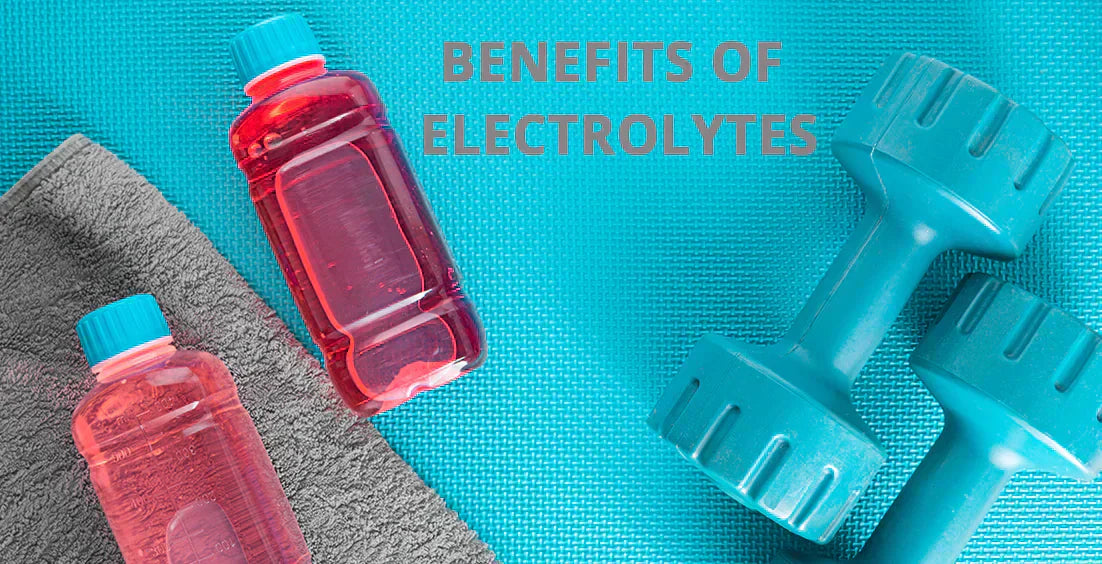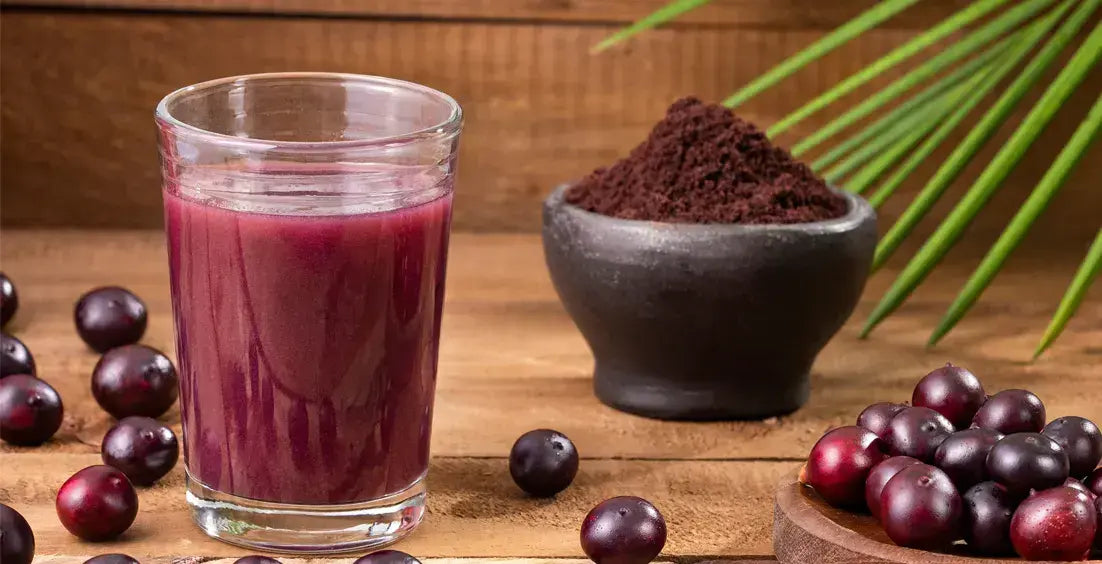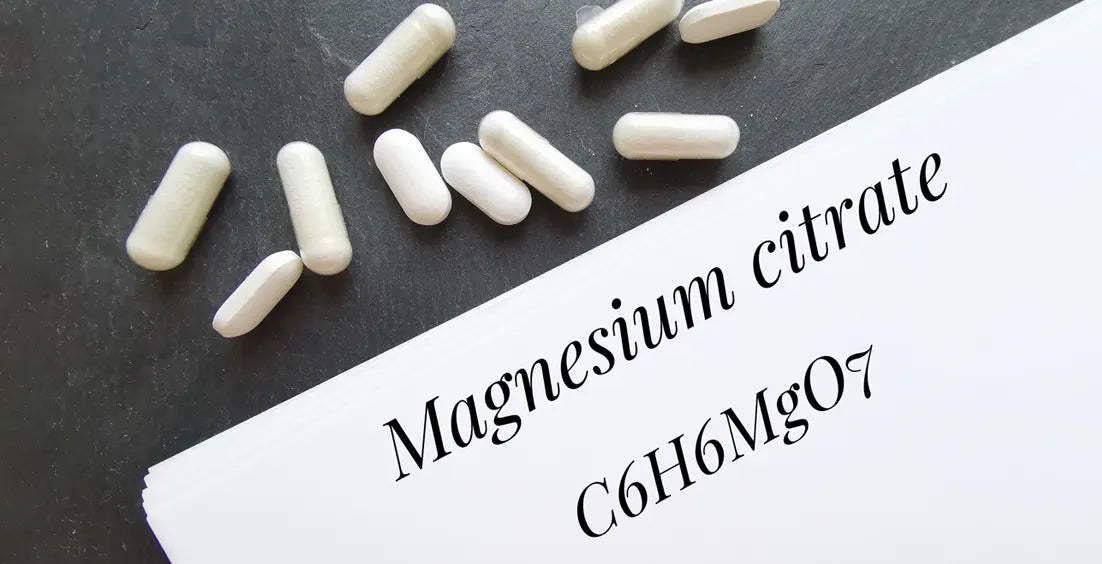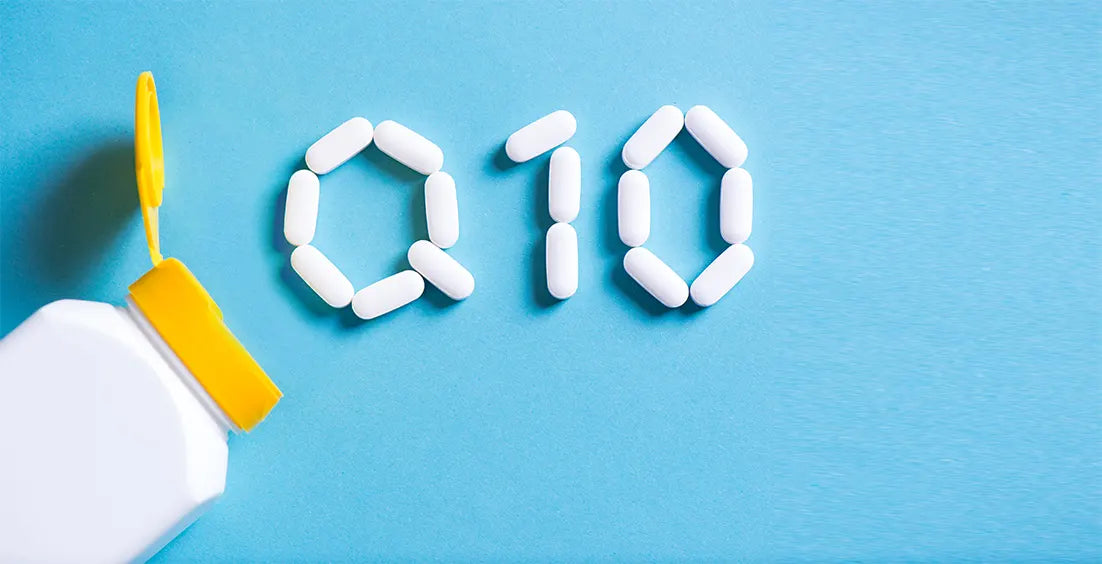Top Benefits of Electrolytes for Health and Wellness
Want to feel energized and hydrated? Learn the benefits of electrolytes and how they support muscle function and overall wellness.

Popular Stories
- Best Maca Root Supplement For Men’s Health, Hormones, & Well-Being
- Best Acai Berry Supplements: The Ultimate Buying Guide
- Spirulina Benefits for Women: Superfood for Skin & Hormones
- Best Foods for Weight Loss: Healthy Meal Options to Try
- Ashwagandha vs Maca: Which Should You Go For?
- Fish Oil Alternative for Vegetarian: The Best Source for a Plant-Based Diet!
References
References
- Electrolytes - https://www.ncbi.nlm.nih.gov/books/NBK541123/
- Fluid and Electrolyte Balance - https://medlineplus.gov/fluidandelectrolytebalance.html
- Sodium - https://pmc.ncbi.nlm.nih.gov/articles/PMC3951800/
- Physiology, Calcium - https://www.ncbi.nlm.nih.gov/books/NBK482128/
- Magnesium: Biochemistry, Nutrition, Detection, and Social Impact of Diseases Linked to Its Deficiency https://pmc.ncbi.nlm.nih.gov/articles/PMC8065437/
- Chloride - https://nutritionsource.hsph.harvard.edu/chloride/
- Fluid and electrolyte needs for training, competition, and recovery https://doi.org/10.1080/02640414.2011.614269
- Fluids and Electrolytes - https://www.ncbi.nlm.nih.gov/books/NBK591820/
- Narrative Review of Hydration and Selected Health Outcomes in the General Population - https://pmc.ncbi.nlm.nih.gov/articles/PMC6356561/
- Assessment of Electrolyte Imbalance and Associated Factors Among Adult Diabetic Patients Attending the University of Gondar Comprehensive Specialized Hospital, Ethiopia: A Comparative Cross-Sectional Study - https://pmc.ncbi.nlm.nih.gov/articles/PMC10149060/
- Electrolyte’s imbalance role in atrial fibrillation: Pharmacological management - https://arrhythmia.biomedcentral.com/articles/10.1186/s42444-022-00065-z
- Water – a vital nutrient https://www.betterhealth.vic.gov.au/health/healthyliving/water-a-vital-nutrient
- Use of Electrolytes in Fluid Replacement Solutions: What Have We Learned From Intestinal Absorption Studies? - https://www.ncbi.nlm.nih.gov/books/NBK231118/
- Nutrients and bioactives in green leafy vegetables and cognitive decline - https://pmc.ncbi.nlm.nih.gov/articles/PMC5772164/


 Skin Detoxification Bundle
Skin Detoxification Bundle Complete Weight Loss Bundle
Complete Weight Loss Bundle Heart Care Bundle
Heart Care Bundle Better Immunity Bundle
Better Immunity Bundle  Men's Immunity & Prostate Health Bundle
Men's Immunity & Prostate Health Bundle Stress + Energy + Wellness Combo
Stress + Energy + Wellness Combo  Energy Booster Combo
Energy Booster Combo Natural Skin Care Bundle
Natural Skin Care Bundle Workout Supplements Combo
Workout Supplements Combo Cognitive Health & Vision Combo
Cognitive Health & Vision Combo Joint Health Support Combo
Joint Health Support Combo





































